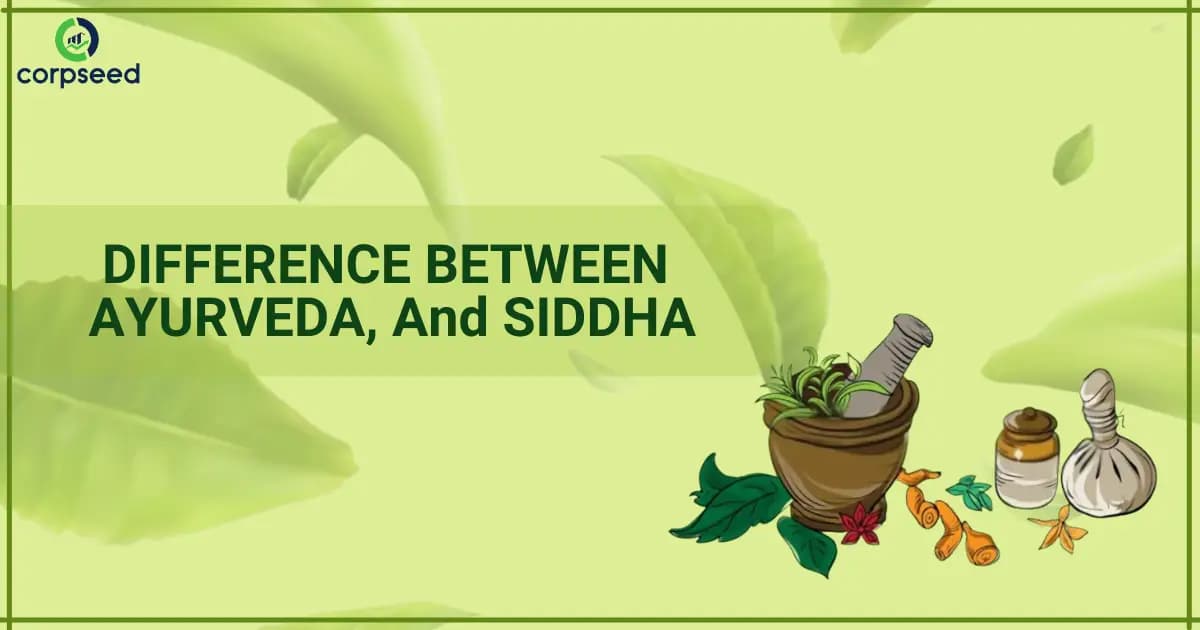
Loading...

Ayurveda: The doctrine of Ayurveda aims to keep the structural and functional entities in a functional state of equilibrium, which signifies good health of a person
About the Author

Experienced Digital Marketer with a demonstrated history of working in the Internet industry. He likes to write about the latest technology trends, Skilled in Digital Marketing likes. Search Engine Optimization, SMO, SEM, PPC, Content Writing, and, Designing, etc.
Related articles
__2024_Unani_Medicine_%E2%80%94_Glossary_of_Terms_Part_6_Standardized_Terminology_Used_for_Respiratory_System_Diseases__Corpseed.webp&w=1536&q=75)
IS 18750 (Part 6): 2024 Unani Medicine – Glossary of Terms Part 6: Standardized Terminology Used for Respiratory System Diseases
2025-03-04
_2024_Unani_Medicine_-_Glossary_of_Terms_Part_5_Standardized_Terminology_Used_for_Cardiovascular_Diseases_Corpseed.webp&w=1536&q=75)
IS 18750 (Part 5): 2024 Unani Medicine - Glossary of Terms Part 5 Standardized Terminology Used for Cardiovascular Diseases
2025-03-03
_2024_Unani_Medicine_Corpseed_(1).webp&w=1536&q=75)
IS 18750 (Part 4): 2024 Unani Medicine - Glossary of Terms Part 4 Standardized Terminology Used for Ear, Nose and Throat Diseases
2025-03-01

AYUSH License for Sale of Herbal Products
2025-02-27

How to Apply for an AYUSH License Online in India
2025-02-19

How to Get an AYUSH Manufacturing License?
2025-01-24